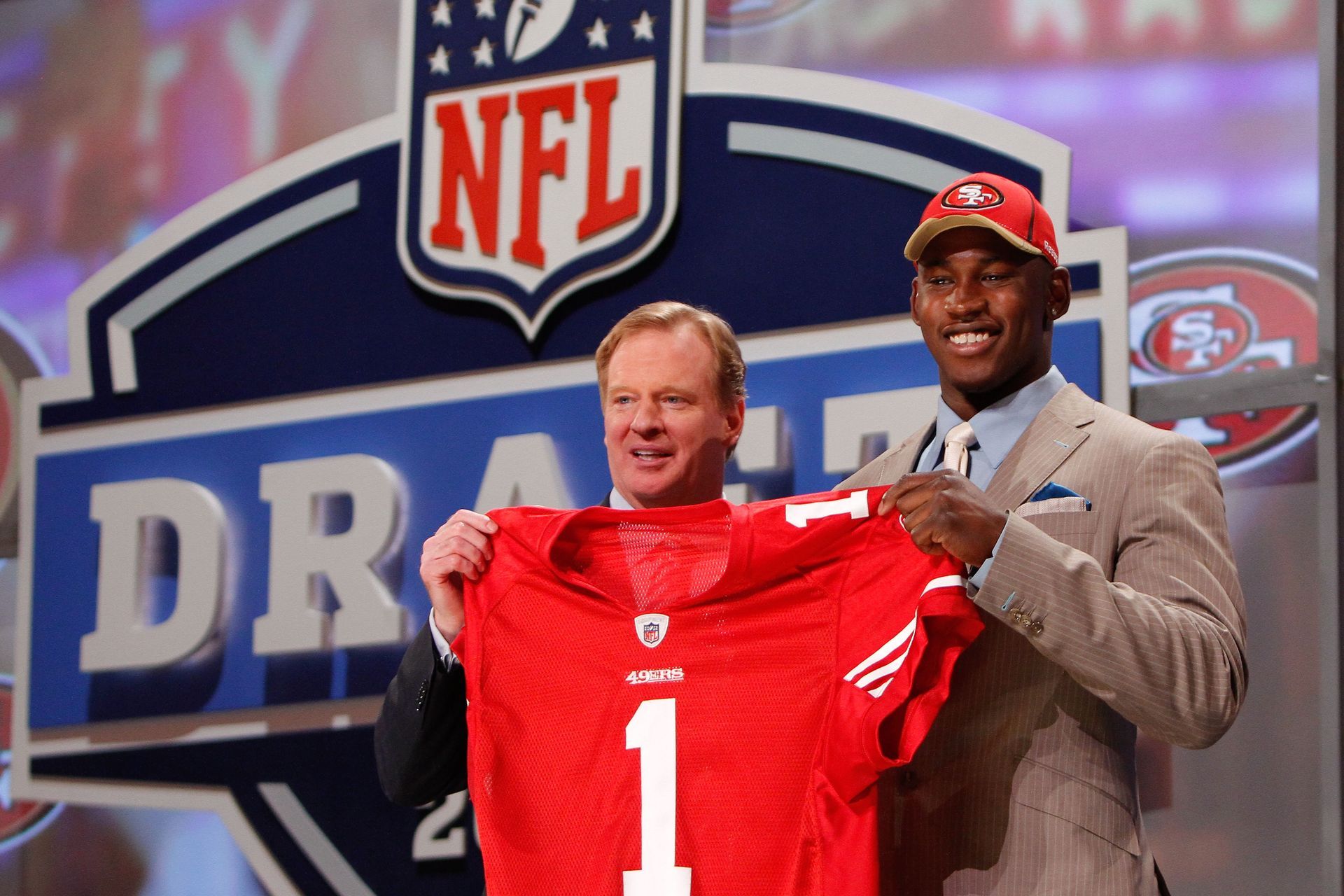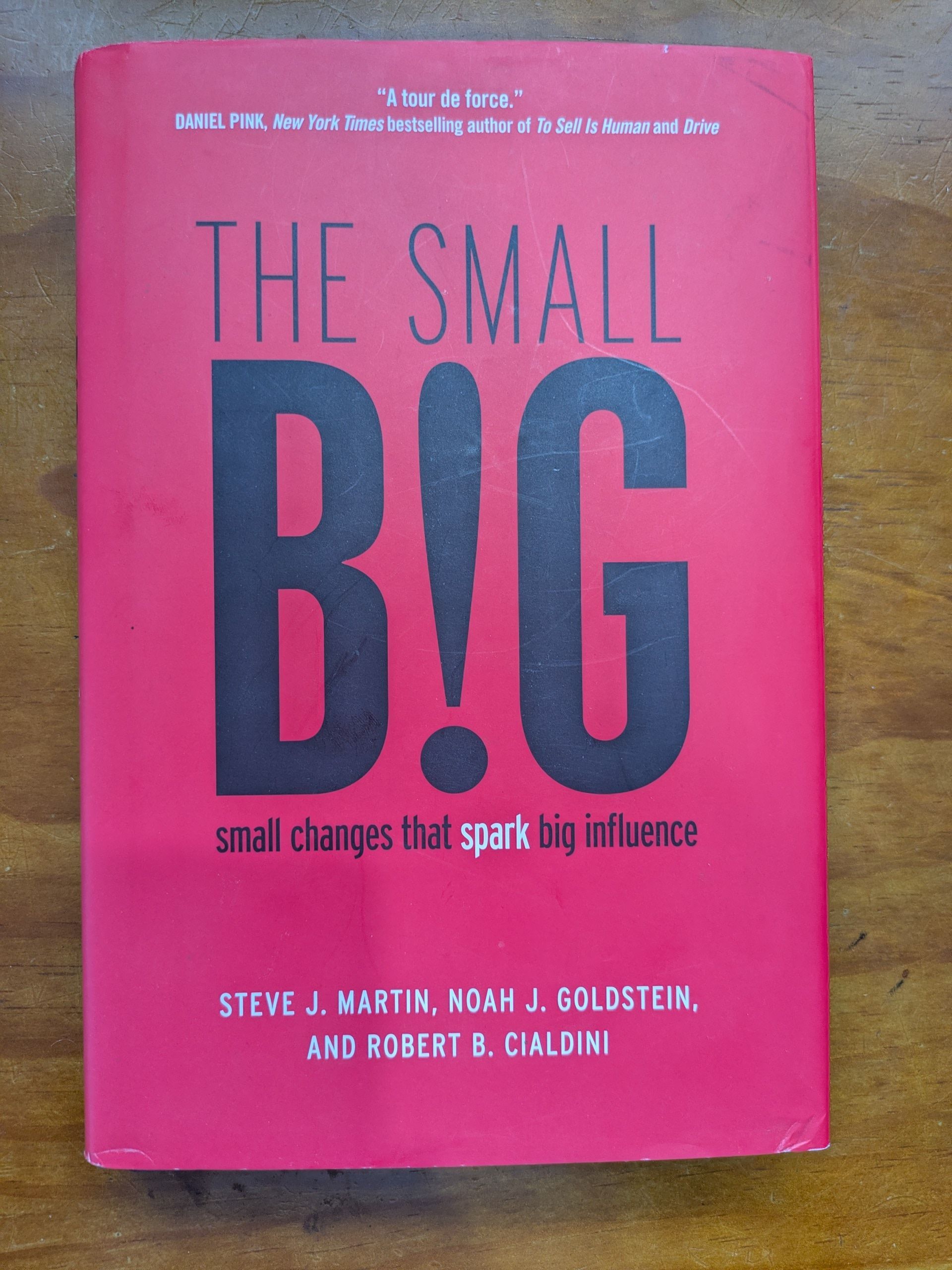Want to Improve Your Hiring Success Rate? Start Screening for “Honesty-Humility”.
We hope you enjoy reading this blog post!
Fermion is a Wollongong-based HR consultancy that specialises in helping companies across Australia save money through innovative recruitment and retention programs. Let us help your organisation thrive.
What Is Honesty-Humility?
In today’s competitive hiring environment, organisations can’t afford to overlook character. While skills and experience will always matter, one trait consistently predicts ethical behaviour, effective leadership, and long-term cultural fit: honesty-humility.
What Is Honesty-Humility?
Honesty-humility is a personality trait recognised in the HEXACO model of personality, a framework gaining traction in organisational psychology. It describes individuals who are:
- Humble, not boastful or status-driven
- Fair, avoiding exploitation or manipulation
- Genuine, transparent and sincere in their interactions
This trait is emerging as a powerful predictor of ethical leadership. Leaders high in honesty-humility are less likely to engage in workplace misconduct and more likely to foster trust, collaboration, and accountability within teams.
Why It Matters for Hiring and Leadership Development
Research shows that honesty-humility, along with conscientiousness and guilt proneness, correlates with:
- Lower instances of workplace deviance
- Higher organisational citizenship behaviours
- Stronger team leadership and performance outcomes
In other words, hiring people with strong moral character isn't just the “right thing” to do — it’s a strategic advantage.
The Interview Question That Can Reveal Character
One of the most effective ways to evaluate honesty-humility during an interview is to ask a structured, open-ended question designed to probe character, not just competence:
“Please describe a time when you made a mistake at work. How did you feel when this occurred? What did you do? What, if anything, did you learn from this experience?”
When people respond to this set of questions, they often communicate information about their guilt proneness, honesty-humility and conscientiousness, which in turn can be used to predict ethical decision making and behaviour.
Strong answers will show:
- Emotional accountability (guilt, not defensiveness)
- A genuine sense of responsibility
- Recognition of the impact on others
- Clear reflection and personal growth
🚩 Be cautious of candidates who:
- Gloss over the question or offer vague, rehearsed answers
- Claim they’ve never made a significant mistake
- Fail to acknowledge the contributions or support of others
🚩 Also beware of responses that overstate personal accomplishments without context or collaboration — these can be subtle red flags for low honesty-humility.
You’re Not Just Hiring for Today — You’re Shaping the Future Culture
Screening for honesty-humility isn’t about perfection. It’s about seeking individuals who will bring integrity, humility, and a genuine commitment to team success into your organisation.
By integrating behavioural interviewing techniques and screening for ethical leadership traits, HR teams and hiring managers can make more informed, future-focused hiring decisions.
About the Author:
Fermion specialises in psychometric testing for recruitment. Please contact Fermion to discuss how a test of IQ, EQ and a personality profile, or any other psychometric test, can help with you your recruitment decisions.
Christopher Apps is a Workplace Psychologist and the owner of Fermion. He stays updated on the latest psychology research and shares evidence-based insights. The focus of Fermion is "Psychometric Testing for Recruitment" and “Recruitment to Retention: How to Select Good Staff & Keep Them”. If you would like to learn how to select good staff and keep them, please feel free to contact us at Fermion.
“Learn from the mistakes of others. You can’t live long enough to make them all yourself.”
Eleanor Roosevelt.





